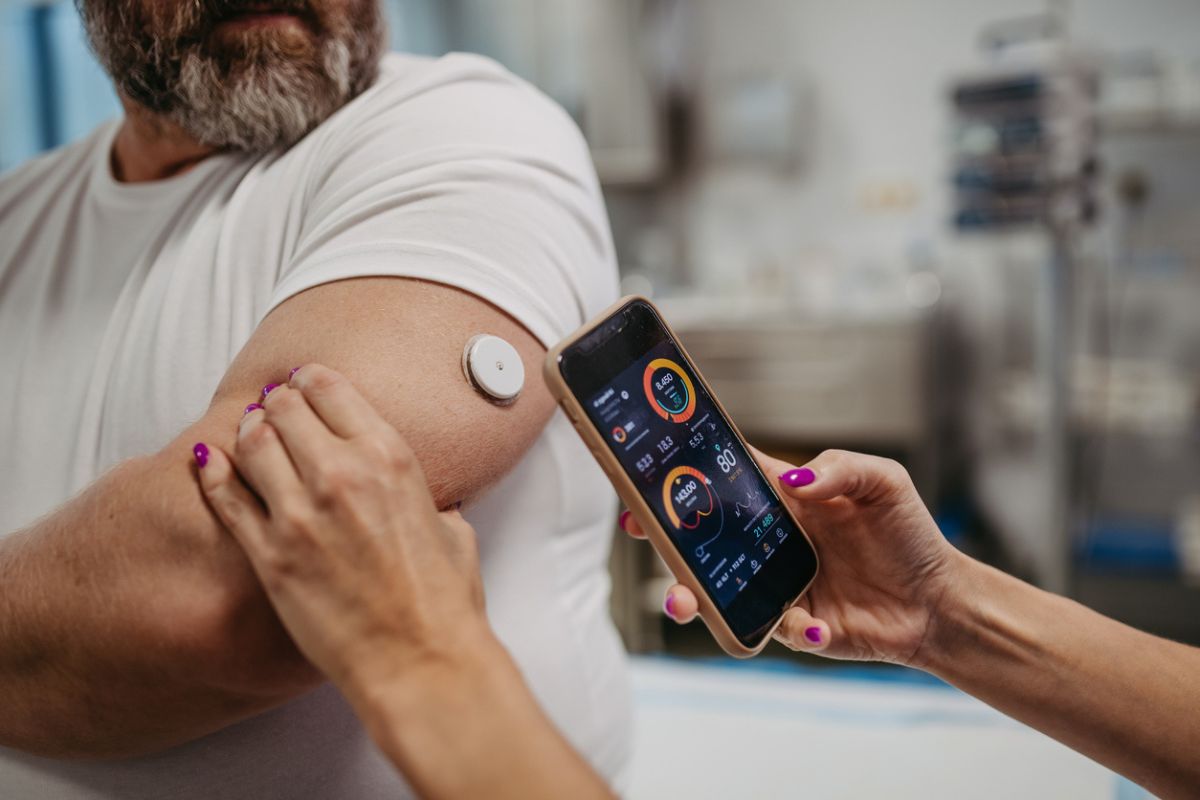Last May, the Surgeon General declared loneliness an epidemic. Now New York state has decided to tackle that epidemic head-on by appointing Ruth Westheimer, MD to serve as New York’s Loneliness Ambassador.
Governor Kathy Hochul named the media personality and sex therapist affectionately known as “Dr. Ruth”, to the post in a press release earlier this week. The beloved 95-year-old celebrity accepted the honorary title saying, “Hallelujah! I got off the phone with Governor Hochul yesterday afternoon. She called to ask me to serve as the very first Honorary Ambassador to Loneliness in the nation. I am deeply honored and promised the Governor that I will work day and night to help New Yorkers feel less lonely!”
Westheimer is the first to hold such a title in the US, but not the first in the world. In 2018, Britain appointed a Minister of Loneliness to address a report showing more than nine million British citizens felt isolated some or all of the time. Among its initiatives, the ministry has provided funds to charities to help tackle the problem in local communities. It recently launched social media tools focused on individual outreach as well.
Loneliness is as Deadly as a Disease
Why Older People Feel so Lonely
Boredom Proneness, Loneliness, and Smartphone Addiction
Isolating the Problem
The Centers for Disease Control and Prevention (CDC) also considers loneliness an epidemic, one that was exacerbated by pandemic lockdowns. A 2021 online survey found that 36 percent of all Americans, including 61 percent of young adults and 51 percent of mothers with young children, have experienced loneliness in their lives.
The agency cites a recent study by the National Academies of Sciences, Engineering, and Medicine indicating that more than a third of adult Americans aged 45 or older experience loneliness, with nearly a quarter of adults 65 or older considered socially isolated. The study defined loneliness as the feeling of being alone, regardless of the amount of social contact a person has. It refers to social isolation as a lack of social connections.
Feeling detached from the rest of the world can have serious health implications. As the report noted, feeling removed significantly increases the chance of premature death from all causes. This risk matches the dangers of other health risks such as smoking, obesity, and physical inactivity. Social isolation increases the risk of developing dementia by approximately 50 percent and also raises the rates of depression and anxiety. Additionally, a lack of meaningful relationships leads to a 29 percent higher risk of heart disease and a 32 percent increased risk of stroke. One study even found that older people who report feeling lonely have 76 percent greater odds of dying after surgery.
Tech Barriers
Beyond the pandemic, technology also contributes to an increasing alienation, particularly among seniors.
“Even though the statistics show that there are more older adults using electronics than ever before, the fact of the matter is that a lot of older adults—especially those with dementia—lack the facility and knowledge to use a computer or smartphone and that further cuts them off from the outside world,” neuropsychologist Neil H. Pliskin, a professor of clinical psychiatry and neurology at the University of Illinois School of Medicine, told Psychiatrist.com in an interview earlier this year.
Pliskin said that the potential isolating effects of technological challenges go beyond a misunderstanding of how to interact on social media platforms. For example, psychotherapy largely transitioned to virtual sessions during COVID. While having instant access to mental health resources was generally a positive development, some older patients struggled to understand how to use virtual therapy, thus missing out on an effective means of support and connection.
Additionally, Pliskin said it’s not uncommon for isolated patients to spend their days parked in front of a TV set. The passive nature and lack of interaction associated with tube time can be psychologically and cognitively detrimental.
New York State of Mind
According to Hochul, Westheimer will help older adults and all New Yorkers cope with feeling left out and forgotten. The governor said that New York State is taking additional steps to develop age-friendly communities and build a more robust system of mental health care. She added that the New York State Office for the Aging (NYSOFA) is now working with the state Department of Health to recommend age-friendly policies to influence community development, transportation, and other support for all New Yorkers to participate socially as they age.
“As New York works to fight the loneliness epidemic, some help from honorary Ambassador Ruth Westheimer may be just what the doctor ordered,” the governor said.



